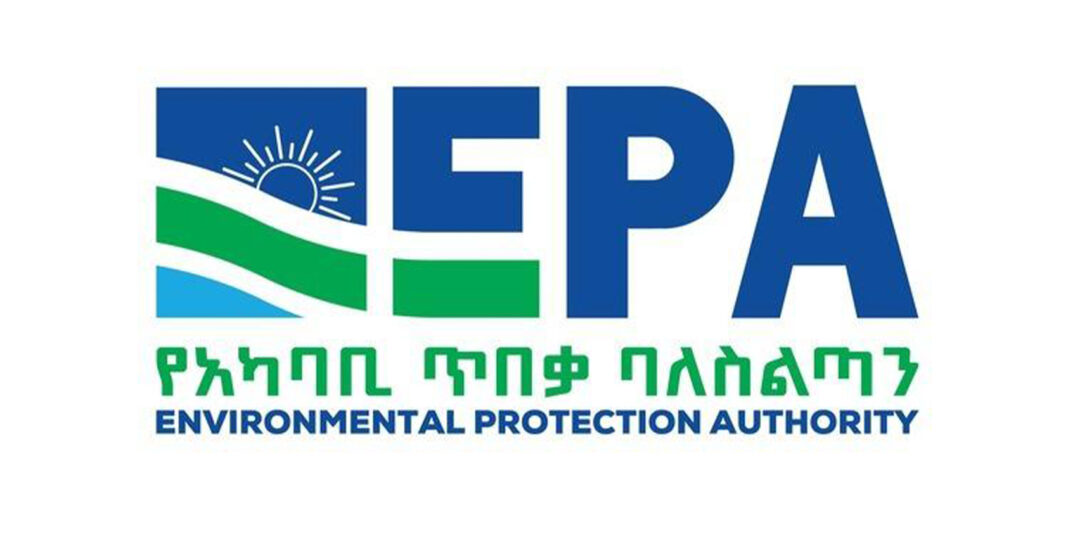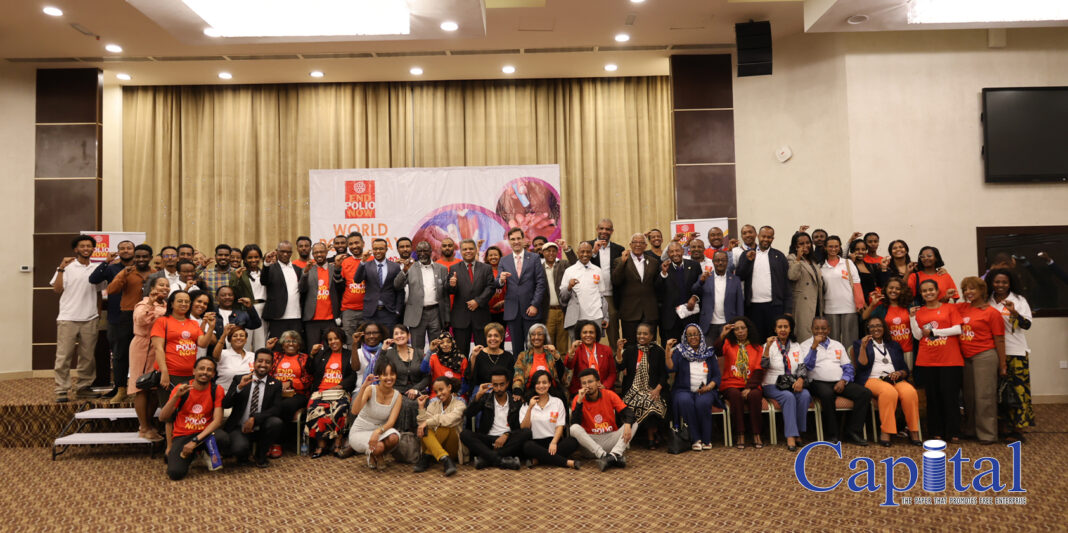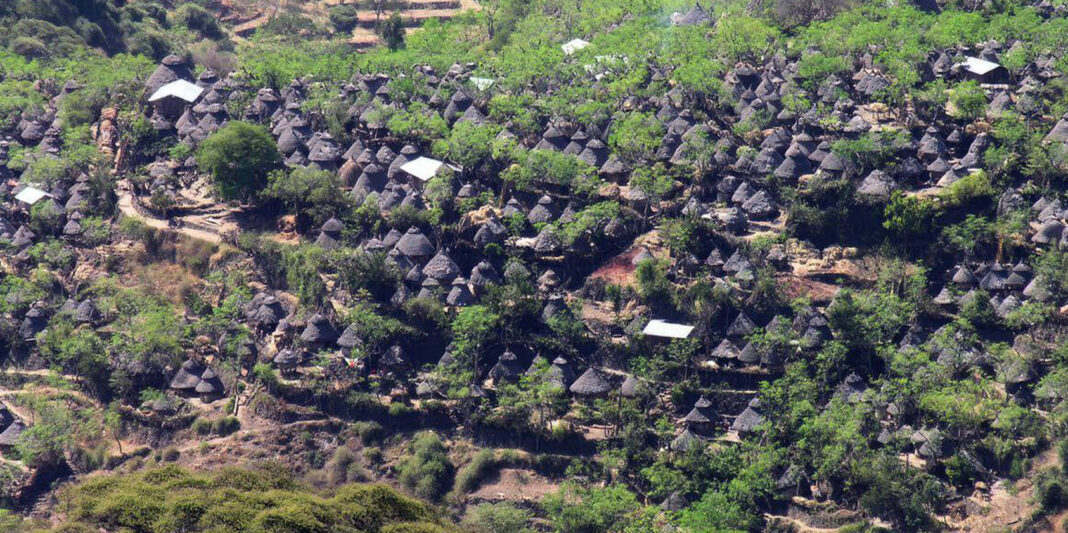The Ethiopian Environment Authority (EPA) has launched a public hearing process to assess environmental release approval for a promising genetically modified (GM) maize variety, MON 89034, commonly known as MON 89. This variety has shown significant effectiveness in combating the damaging Fall Armyworm (FAW).
This initiative follows the successful completion of controlled Confined Field Trials (CFT) for the MON 89 hybrid, conducted by the Ethiopian Institute of Agricultural Research (EIAR) as part of the TELA Maize Project. The trials began in 2023 and were conducted with prior approval from the EPA.
Tesfaye Disasa (PhD), a biotech scientist and TELA Project Coordinator, confirmed that the CFTs have been successfully completed. “We have submitted our findings, including a comprehensive risk assessment document from the CFT, to the EPA. In response to the Authority’s feedback, we have also provided all requested additional documentation,” Tesfaye informed Capital.
The public hearing is a vital step in the regulatory process for environmental release. The EPA has notified relevant public bodies to ensure transparency. As per standard procedure, the process will remain open for public comment for one month before the Authority makes its final decision.
If environmental release approval is granted, the next phase will involve Multi-Location Trials (MLT) across six to twelve different sites.
“This data will support a transition to on-farm cultivation,” Tesfaye explained, expressing optimism that the regulatory body would grant approval promptly.
MLTs are crucial in agricultural research, providing a comprehensive understanding of a product’s performance across various environments, including differing climates and soil types. The results will help identify the best-performing varieties for specific regional conditions.
Following the MLTs, on-farm testing is expected in the upcoming year. “The on-farm tests will generate the evaluation data required by the National Variety Release Committee (NVRC), which is responsible for granting final commercial release approval,” Tesfaye stated.
Ethiopia regulates GM products under its national biosafety law, with the EPA serving as the competent regulatory authority. The TELA maize CFTs were conducted under the EPA’s close supervision, marking a progression from the earlier approval of the MON 810 GM maize variety for environmental release, which subsequently received commercial release approval from the NVRC.
In March of this year, the NVRC approved three out of four TELA GM maize varieties for commercial release. The approved varieties—WE3106B (insect-protected), WE7210B, and WE8216B (insect-protected and drought-tolerant)—were developed through the public-private TELA Maize Project. The committee recommended further on-farm testing for the fourth variety before reconsideration.
Tesfaye emphasized a key distinction between the previously approved MON 810 and the new MON 89 variety. “While MON 810 effectively protects maize from FAW, it was primarily designed to defend against stem borers. The MON 89 variety, however, is specifically engineered for protection against Fall Armyworm,” he clarified.
FAW, which first appeared in Ethiopia in 2017, has become a significant threat to maize yields. The approval process for the MON 810 variety took over seven years, despite the technology being safely utilized for nearly three decades in more than 30 countries.
“It was Ethiopia’s first approved food crop, which contributed to the lengthy process. We anticipate a more expedited decision for MON 89,” Tesfaye remarked.
Derese Teshome, Outreach and Advocacy Team Lead for the TELA project, stated that the next steps would involve national performance trials to validate the variety’s insect protection and yield potential.
He also highlighted that the MON 89 transgenic variety is already being used in countries like South Africa, Canada, and several European nations, with Nigerian farmers recently beginning its cultivation.
The approved MON 810 variety has demonstrated effectiveness in protecting maize from both stem borers and FAW, offering potential yield advantages of up to 60%, improved grain quality, and significantly lower production costs. This is achieved as farmers reduce their reliance on chemical pesticides, thus minimizing environmental and health risks.
Although some procedural hurdles have slightly delayed the seed multiplication process for the approved MON 810 varieties, EIAR has successfully navigated the path to commercial release. The seeds will be available to farmers royalty-free through the TELA project.
Several organizations, including MIDROC, Luna, and Ethio Vegfru, are testing the new seeds on their own plots.
Experts are praising these recent advancements as a remarkable success, positioning Ethiopia as an emerging leader in agricultural biotechnology on the continent. The commercial approval of genetically modified maize and cotton, alongside ongoing research into other crops, marks a significant milestone in the nation’s scientific and agricultural progress.







